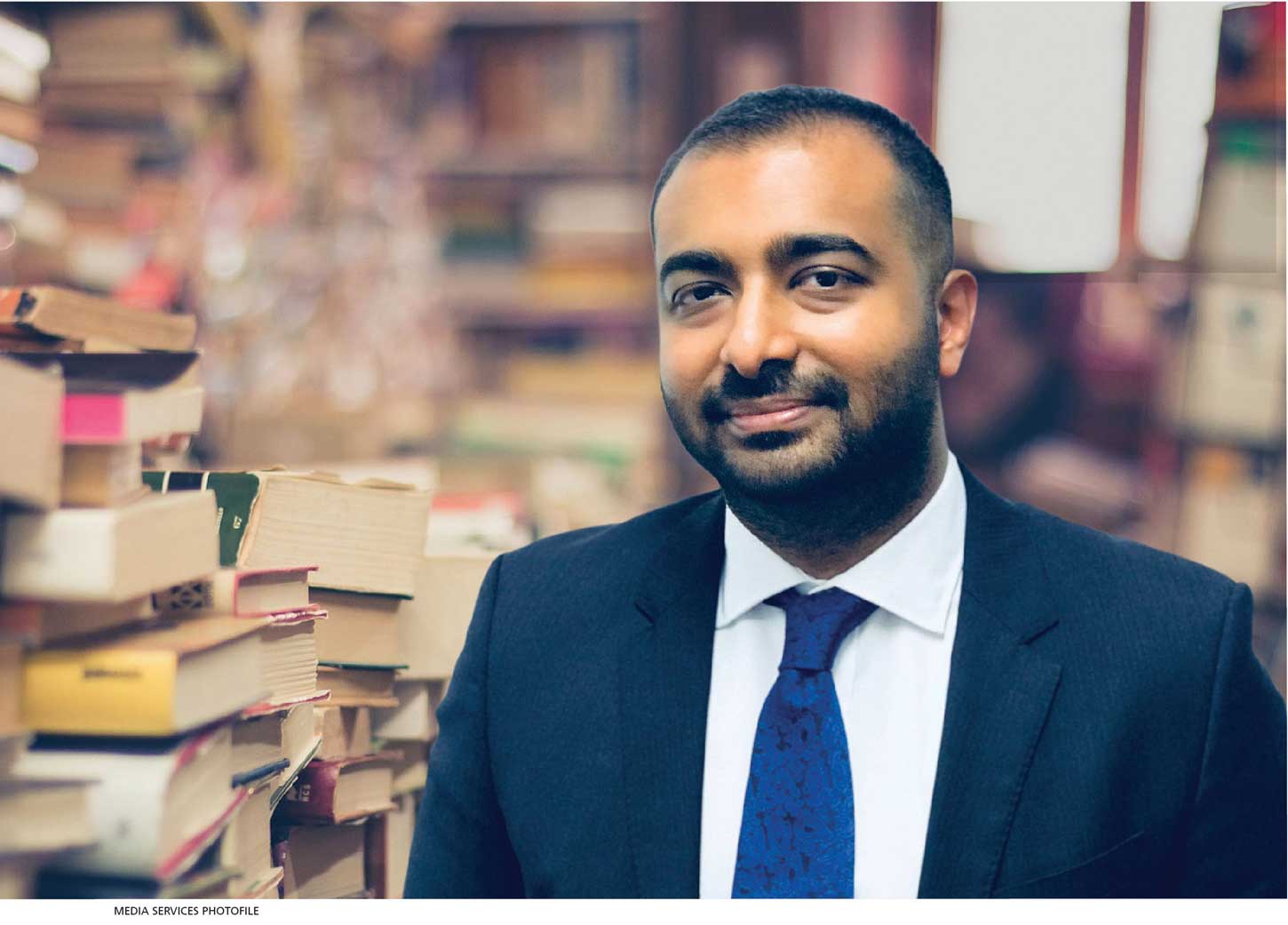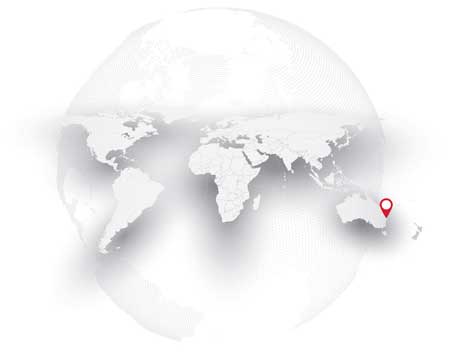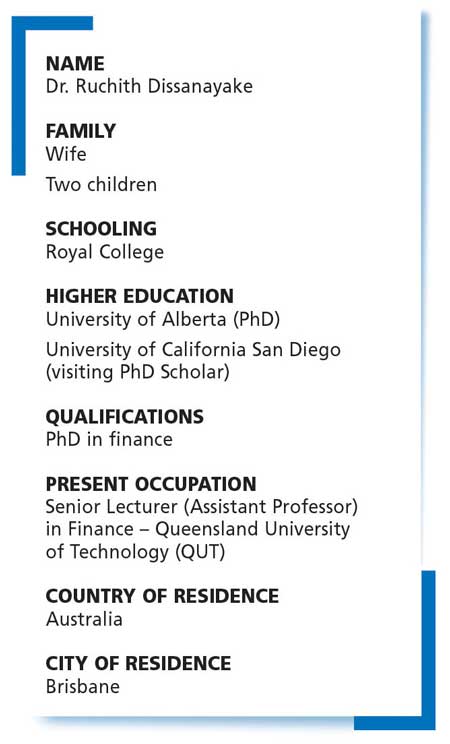SRI LANKANS OVERSEAS
CREATIVE DESTRUCTION
Dr. Ruchith Dissanayake
Sri Lankans should never be complacent about the status quo
Q: How do you perceive Sri Lanka as it is today?
A: If this question was asked 50 years ago, most Sri Lankans would have said that the country has potential. Even today, many would say the same. How about 50 years from now?
All countries have the potential for growth if they’re governed properly. Similarly, for Sri Lanka to achieve its full potential, there should be fundamental changes made to how the island is governed.
I do feel that Sri Lankans are finally starting to ask the tougher questions from each other and policy makers, and that gives me some level of hope about the future of the country.
Q: Do you think Sri Lanka is capable of regaining its composure in the aftermath of multiple crises – including the most recent economic crisis?
A: Yes – but to what extent will depend on the actions of Sri Lankans themselves.
If people believe that the issues will be sorted out by allowing the status quo to stand, the struggles are likely to continue for years to come. In contrast, if Sri Lankans push for significant reforms, we are more likely to see a path to economic growth.
Q: From afar, what advice would you offer Sri Lankans in the context of crisis management and finding solutions to the problems they face?
A: Sri Lanka needs real change. An IMF bailout or securing more foreign debt can help mitigate some of the economic issues in the short term. However, bailouts and loans aren’t long-term solutions.
Sri Lanka has had more than a dozen International Monetary Fund bailouts in the recent past.
Fundamental changes such as privatising unproductive state owned enterprises (SOEs), creating a stronger financial sector and revamping the education system to achieve excellence are desperately needed. Sri Lanka can only grow through ‘creative destruction.’
Q: How do compatriots in your country of domicile view Sri Lanka?
A: This is the first time I have seen people of different nationalities expressing sadness about Sri Lanka. Most Australians are aware of Sri Lanka, at least partially. Therefore, their response is expected.
However, it’s also a reminder of how far the country has fallen.
I hope to see Sri Lanka being viewed by the world in a more positive light in the future. It is one of the most beautiful countries in the world with some of the best cuisine, history and culture. A key variable that’s missing is a vibrant capitalist economy such as in Switzerland and Singapore.
Q: How do you view the brain drain – and why is there still no reversal of it, in your opinion?
A: Many talented Sri Lankans migrated to other countries mainly for better economic opportunities. And many issues have contributed to low growth rates in Sri Lanka.
Firstly, corruption, lack of law enforcement, and nepotism in both the private and public sectors have reduced the availability of opportunities for talented Sri Lankans. These limiting factors must be addressed through proper legal channels; and the rights of people, businesses and investors must be upheld.
Secondly, there’s a lack of good universities in the island. Sri Lankan universities are among the lowest ranked in the world. The idea of free education at university level has been a complete failure. Sri Lanka needs to invite reputable overseas colleges and universities to the island, and local institutions should charge tuition fees – so that they can fund innovative research and compete globally.
Every qualified student should have access to university education. This can be achieved through carefully crafted government and bank loans. Better educational institutions mean more skilled local workers.
Thirdly, it’s important to create a free market economy where effort and innovation are rewarded. To reverse the brain drain, you need to create better opportunities in Sri Lanka.
Q: So what should Sri Lanka focus on most in the coming decade?
A: Reforming the legal and education systems, and restructuring the financial framework… even though that’s a lot and easier said than done! There needs to be the right leadership in government, and people must stand up and force politicians to take action.
While Sri Lankans are passionate and resilient, it’s also high time they unite and use that passion to change the direction of their country.











This is a great article. It captures the essence of what needs to be done in Sri Lanka currently.